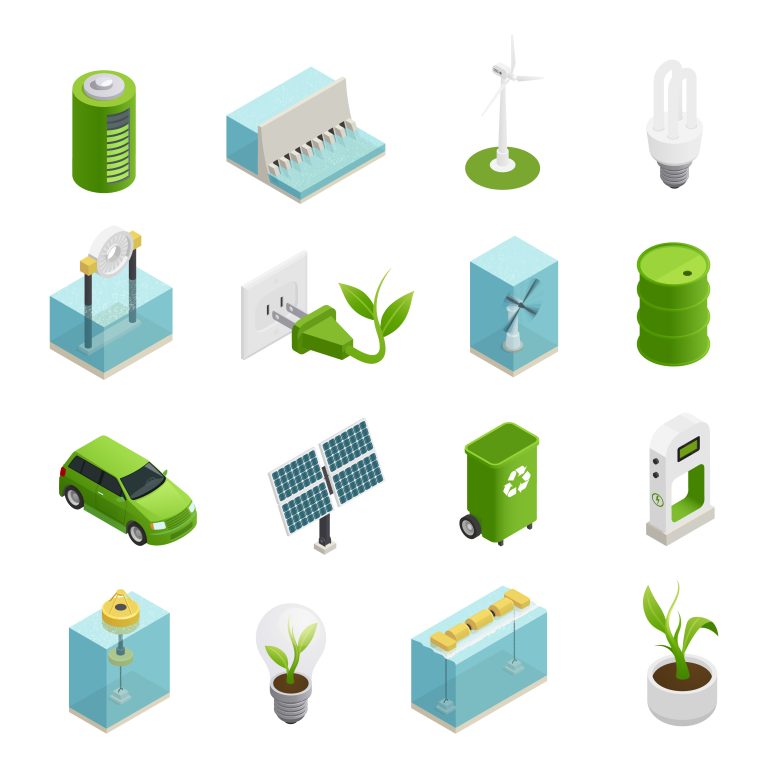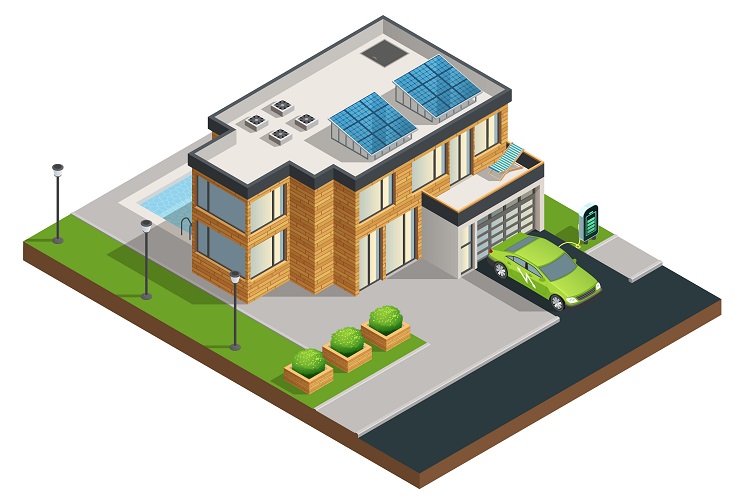Lets study the benefits of Solar Pumps:
Solar pumps are environmental friendly and completely rely on renewable energy from the sun reducing the usage of fossil fuels and decreasing greenhouse gas emissions.Since sunlight is free ,solar pumps have minimal ongoing costs which results in saving over time compared to traditional pumps which require electricity or fuel.It is generally installed in remote areas where grid electricity is unavailable to expand access to agriculture or drinking purposes in rural or off-grid areas.Solar pumps are of low maintenance costs and longer lifespan as they do not have moving parts as much as traditional pumps.
Costs of Solar Pumps :
- The upfront or initial cost of purchasing and installing a solar pump system can be higher than traditional pumps due to the need for solar panels, inverters, and batteries.
- Solar pumps may not be suitable for areas with limited sunlight or during cloudy days as they rely on sunlight to operate unless battery storage is included, adding to the initial cost.
Lets study the benefits of Traditional Pumps:
Traditional pumps can operate continuously using grid electricity or fossil fuels, providing consistent water supply regardless of weather conditions.Hence they are a reliable power source.Traditional pumps typically have a lower initial investment cost compared to solar pumps, especially in areas with readily available grid electricity or cheap fuel.
Costs of Traditional Pumps:
- Traditional pumps require ongoing fuel or electricity costs, which can be substantial over time, especially if energy prices are volatile or increasing.
- Traditional pumps powered by fossil fuels contribute to air pollution and carbon emissions, exacerbating climate change and environmental degradation.
- Traditional pumps rely on a reliable grid connection or fuel supply infrastructure, which may not be available or may be prone to disruptions in remote areas.
Comparative Analysis of Solar Pumps vs Traditional Pumps:
- Cost: Traditional pumps may have a lower initial cost, but over the long term, solar pumps can offer significant savings in operating costs and maintenance.
- Environmental Impact: Solar pumps are more environmentally friendly, contributing to lower carbon emissions and reduced pollution compared to traditional pumps.
- Reliability: Traditional pumps may offer more consistent water supply in areas with reliable grid electricity or fuel supply, but solar pumps provide independence from grid infrastructure and can be more reliable in remote locations.
- Accessibility: Solar pumps can provide water access in off-grid or remote areas where traditional pumps may not be feasible due to lack of infrastructure.
In conclusion, while the initial investment for solar pumps may be higher, they offer long-term cost savings, environmental benefits, and increased accessibility, especially in remote areas. Traditional pumps may be more suitable for areas with reliable grid electricity or fuel supply, but they come with higher operating costs and environmental impact.






